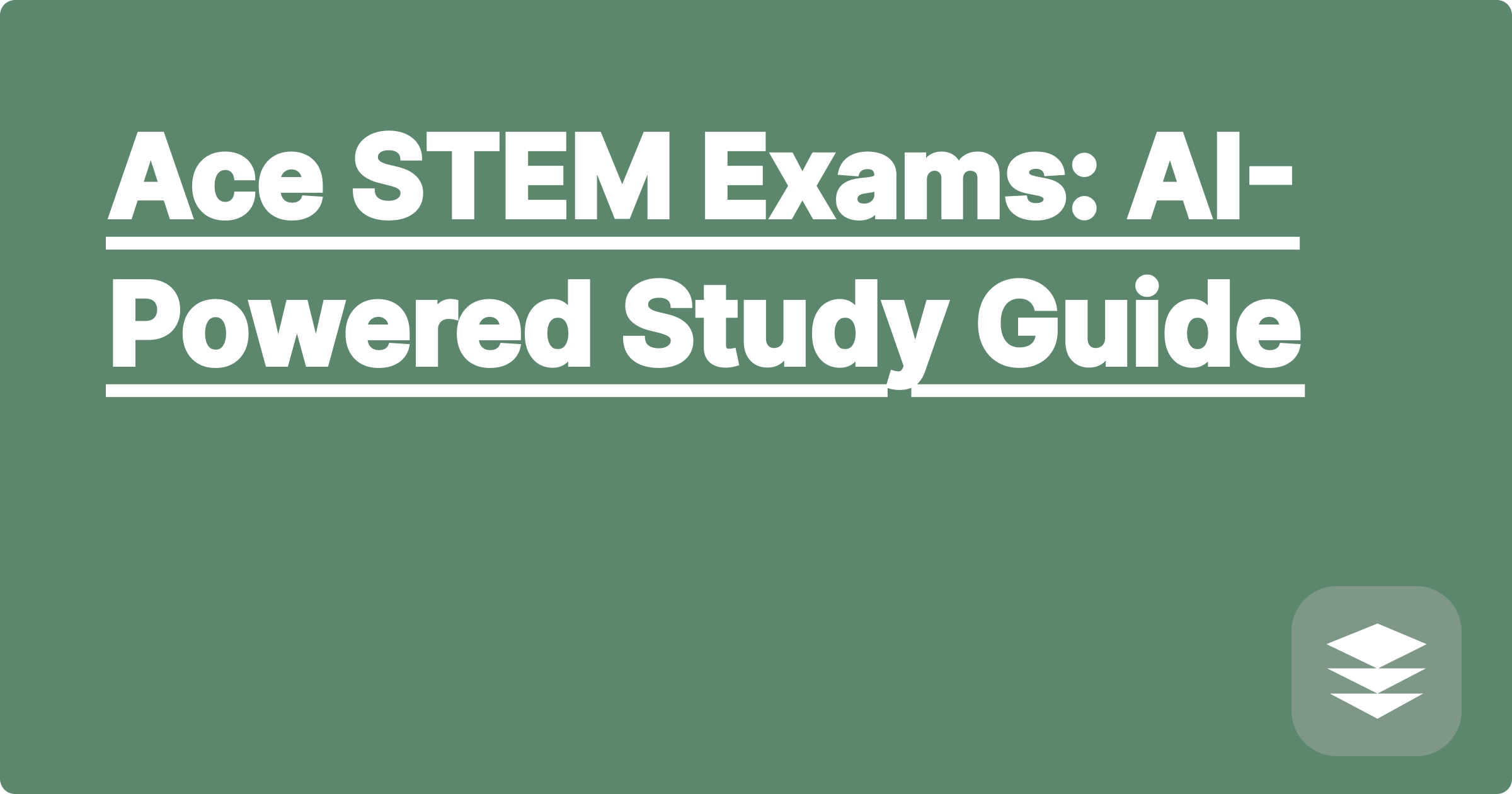
The demanding world of STEM education and research often leaves students feeling overwhelmed. Balancing complex coursework, rigorous research projects, and the pressure to maintain a high GPA can be a constant struggle. Thankfully, the rise of artificial intelligence offers a powerful new arsenal of tools to help students not just survive, but thrive in this challenging environment. AI-powered platforms are transforming the way students learn, research, and manage their time, offering personalized support and unlocking unprecedented levels of efficiency. This blog post will explore how you can leverage these cutting-edge technologies to ace your STEM exams, boost your research productivity, and ultimately achieve your academic goals. We'll delve into practical strategies, real-world examples, and specific AI tools that can empower you to take control of your academic journey.
For STEM students and researchers, success hinges on more than just raw intelligence; it requires effective learning strategies, efficient time management, and the ability to navigate a vast and ever-expanding body of knowledge. Traditional study methods often fall short in addressing these multifaceted demands. AI, however, offers a paradigm shift in how we approach learning and research. By providing personalized learning plans, automating tedious tasks, and offering insights into individual learning patterns, AI can bridge the gap between potential and performance. This is particularly crucial in STEM fields, where complex concepts and vast amounts of information can be daunting. Imagine having a personalized tutor available 24/7, capable of analyzing your strengths and weaknesses, curating relevant resources, and even helping you manage your research projects. That's the power of AI in education.
STEM subjects present unique challenges. They often involve complex concepts, intricate formulas, and vast amounts of information that require deep understanding and application. Many students struggle with the sheer volume of material, the abstract nature of certain concepts, and the pressure to perform well in highly competitive environments. Furthermore, research in STEM fields demands meticulous data analysis, literature review, and the ability to synthesize information from diverse sources. Traditional learning methods, such as passive reading and rote memorization, often prove inadequate for mastering these complex subjects. Students need tools that can help them personalize their learning, identify their weaknesses, and efficiently manage their time. This is where AI comes in.
AI-powered learning platforms like the hypothetical GPAI, as well as existing tools like Wolfram Alpha, ChatGPT, and others, offer a transformative approach to STEM education and research. These platforms leverage machine learning algorithms to personalize learning experiences, provide targeted support, and automate tedious tasks. GPAI, for example, can generate customized study plans based on your individual learning style, strengths, and weaknesses. It can analyze your performance on practice problems and identify areas where you need more practice. Furthermore, AI tools can assist with research by summarizing complex papers, identifying relevant literature, and even generating code snippets for simulations. By integrating these tools into your workflow, you can optimize your study time, deepen your understanding of complex concepts, and significantly enhance your research productivity.
Integrating AI into your study routine can be seamless and highly effective. Begin by identifying your specific needs and challenges. Are you struggling with a particular subject? Do you need help managing your time? Once you've pinpointed your needs, explore different AI tools and platforms. GPAI, for example, offers a comprehensive suite of features, including personalized learning plans, automated problem-solving assistance, and research support. Start by inputting your course syllabus and learning objectives into the platform. GPAI can then generate a customized study schedule, recommend relevant resources, and provide practice problems tailored to your specific needs. As you progress, the platform tracks your performance and adjusts the learning plan accordingly, ensuring you focus on areas where you need the most improvement. For research tasks, you can use tools like Wolfram Alpha for complex calculations and ChatGPT for summarizing research papers and brainstorming ideas.
Consider a physics student struggling with kinematics. GPAI can provide interactive simulations and personalized practice problems, allowing the student to visualize complex concepts and test their understanding in a dynamic environment. For a chemistry student learning about molecular structures, AI-powered tools can generate 3D models and interactive visualizations, making abstract concepts more tangible and easier to grasp. In mathematics, Wolfram Alpha can assist with complex calculations, symbolic manipulations, and even provide step-by-step solutions to challenging problems. A biology student could use AI to analyze large datasets from experiments, identify patterns, and generate hypotheses. In engineering, AI can help with designing simulations, optimizing designs, and analyzing complex systems.
To maximize your academic success with AI tools, remember to stay organized and maintain a consistent study schedule. Integrate AI tools like GPAI with your existing time management techniques, such as the Pomodoro method, to optimize your study sessions. Don't be afraid to experiment with different AI tools and platforms to find the ones that best suit your learning style and needs. Remember that AI is a tool, and its effectiveness depends on how you use it. Combine AI-powered learning with active recall techniques and spaced repetition to solidify your understanding of key concepts. Finally, prioritize your mental health and well-being. AI-powered meditation apps and mindfulness tools can help you manage stress and maintain a healthy balance between academics and personal life.
Finally, embrace the power of AI as your personalized learning companion. These tools are not meant to replace traditional learning methods but to augment them, providing you with the support and resources you need to excel in your STEM journey. Start exploring these tools today and unlock your full academic potential. Don't hesitate to experiment and find what works best for you. The future of learning is here, and it’s powered by AI.
Ace STEM Exams: AI-Powered Study Guide
Conquer STEM Homework: AI Solutions
AI for Labs: Data Analysis Made Easy
Boost Your GPA: AI Study Strategies
AI in Labs: Streamline Research
AI Data Visualizer: Present Findings
AI for Statistics: Data Analysis
AI Equation Solver: Complex Equations